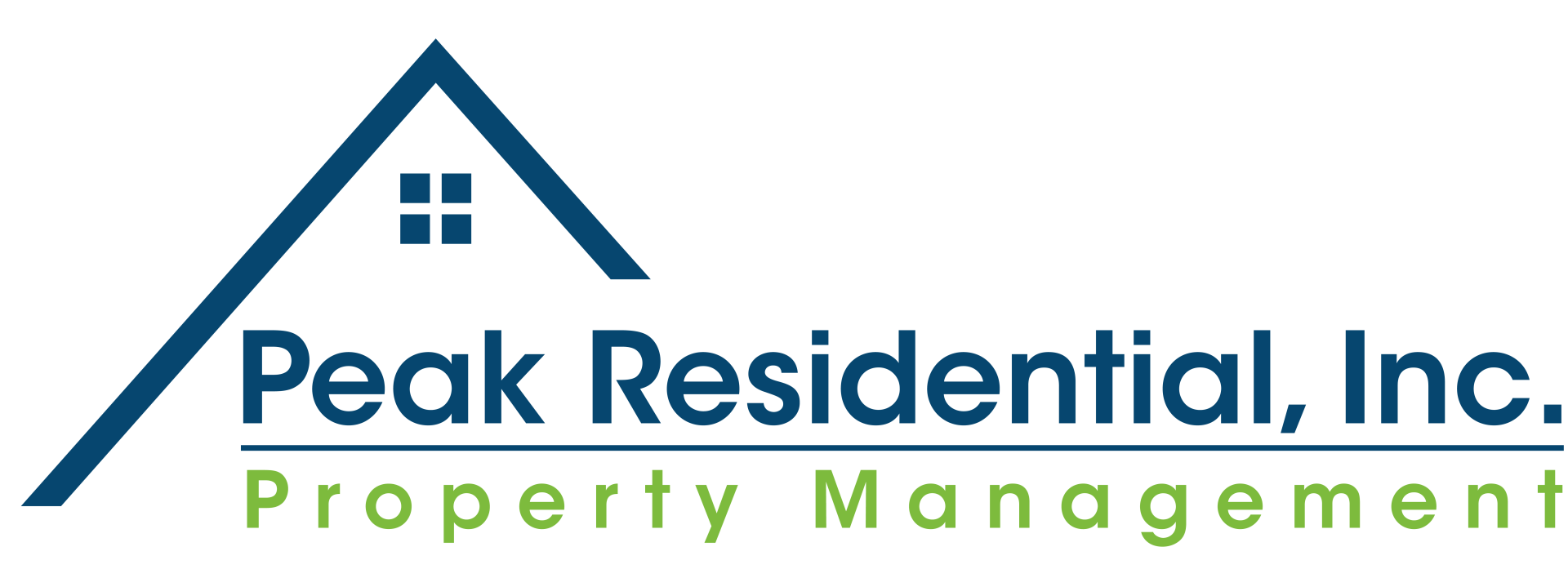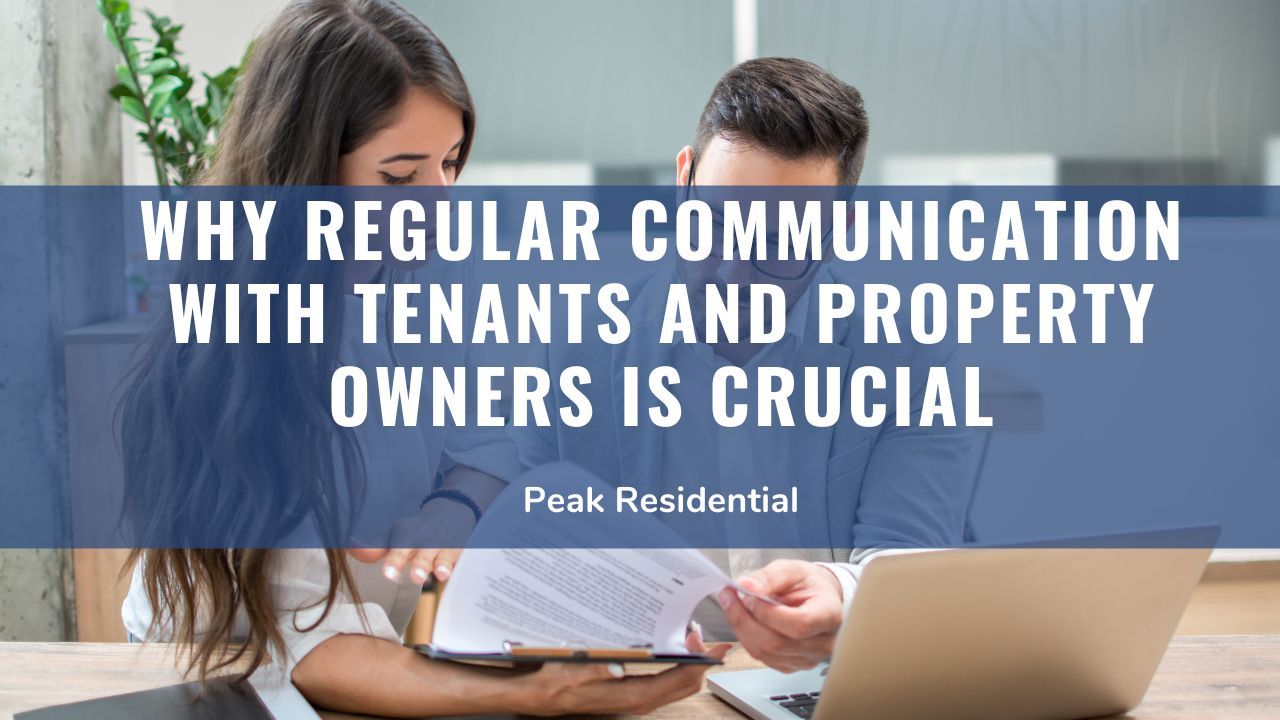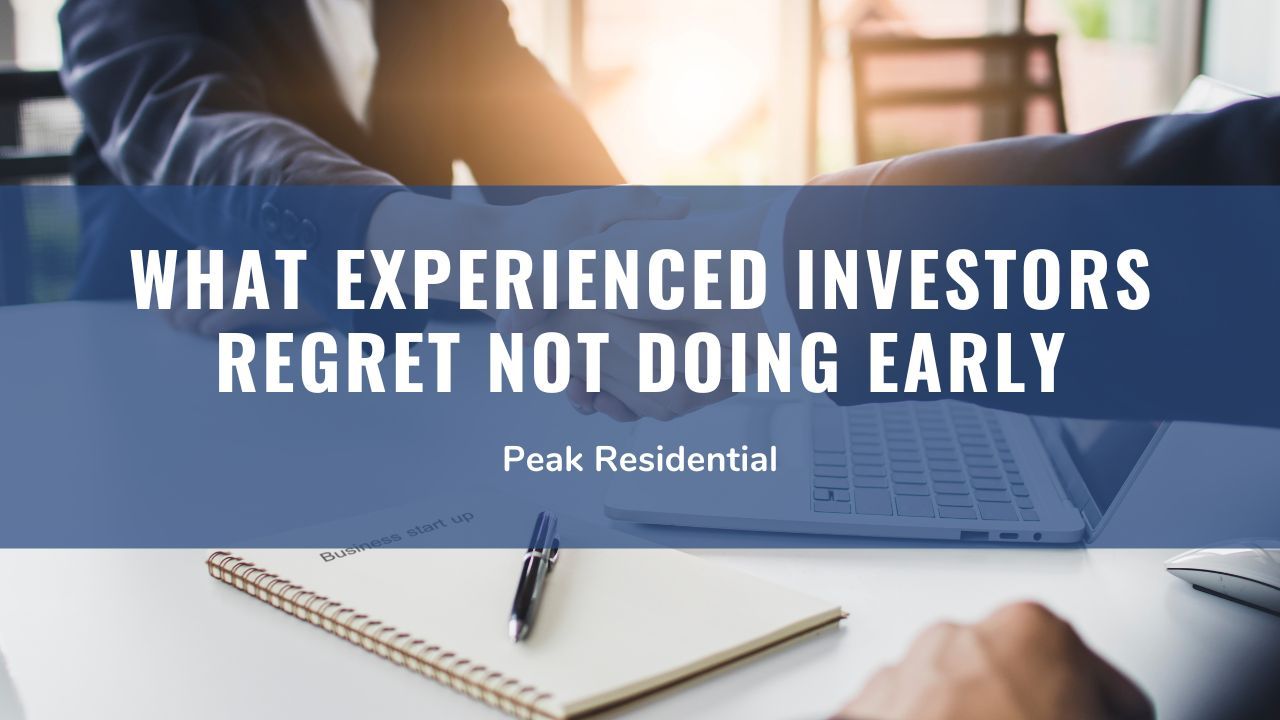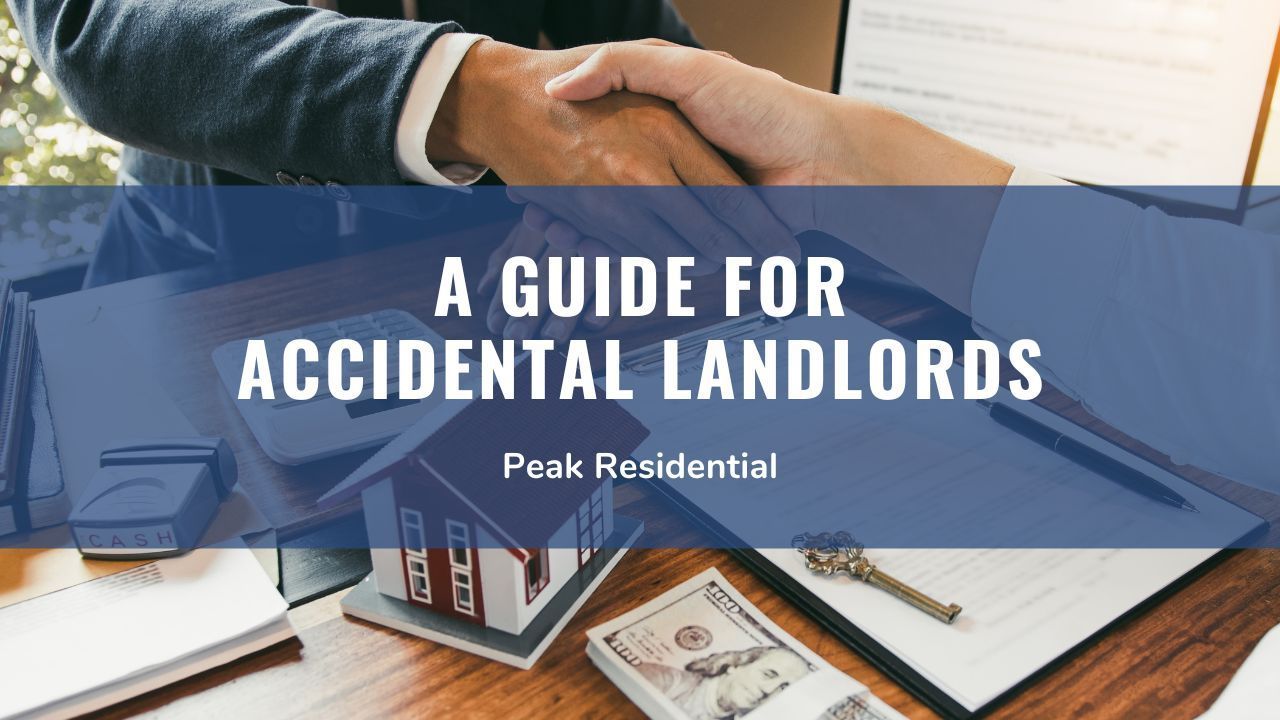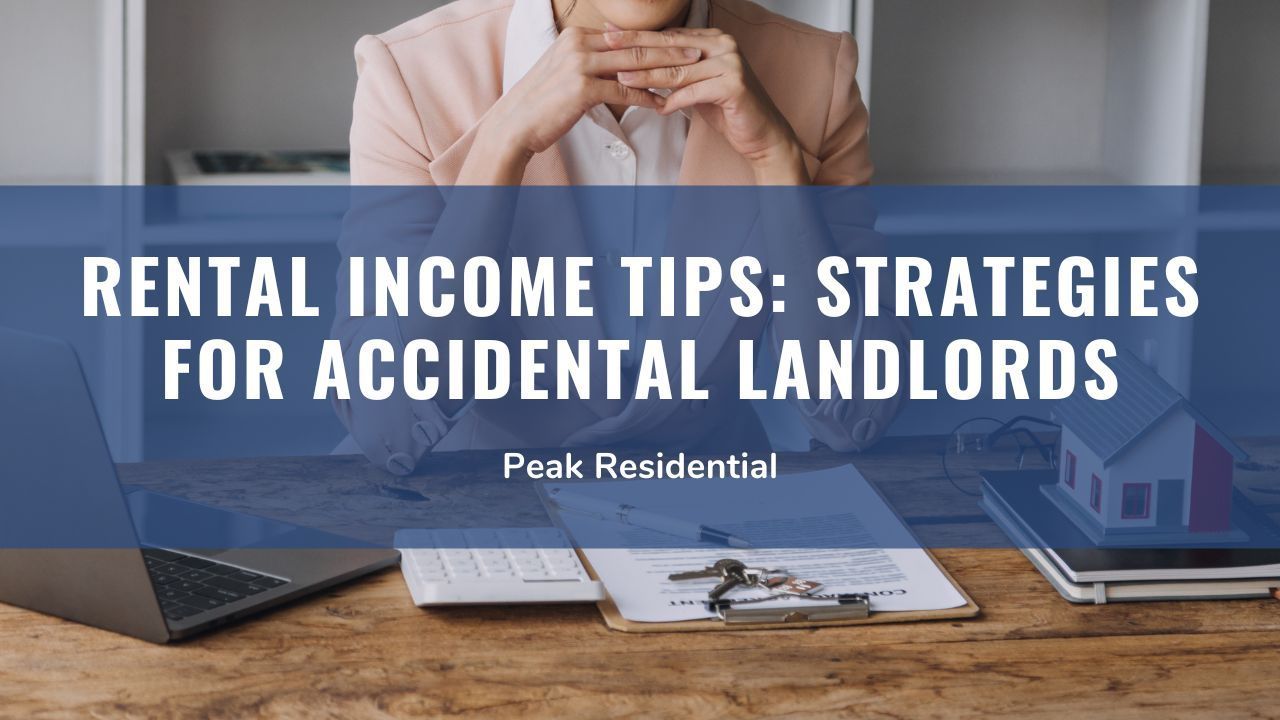Investing in property can be a smart move with the potential to generate steady income, build equity, and even create long-term financial security. Buty the process of purchasing an investment property isn’t as simple as just picking a place, collecting rent, and expecting an immediate return.
A successful investment requires careful planning, market knowledge, and risk management to ensure that you make a sound decision that aligns with your goals.
We understand the unique challenges landlords face in making informed property investments. Taking the time to answer these three critical questions can mean the difference between a profitable investment and one that drains your resources.
What Are The Potential Risks?
Before buying an investment property, it’s essential to understand the specific risks that could impact your investment. Real estate carries its own set of challenges, and without a clear view of potential risks, you might end up with unexpected expenses, low occupancy rates, or even a property that depreciates over time.
- Market Fluctuations: Real estate markets are cyclical and can be influenced by various factors such as economic conditions, interest rates, and employment rates in the area. For instance, a property that looks profitable now may face declining property values if there’s a downturn in the market, and vice versa.

- Location-Specific Challenges: Each location comes with its unique set of issues that might affect your ability to profit from a property. In some areas, crime rates, zoning regulations, or even the condition of neighboring properties can influence tenant interest and rental values. It’s crucial to research the specific characteristics of the neighborhood.
- Tenant Risks: Finding and retaining reliable tenants is one of the biggest factors in maintaining a profitable property. Tenants may default on rent, cause damage to the property, or simply not take care of the space. Increased turnover also poses a risk, as it often requires additional costs in marketing, and repairs.
- Legal and Regulatory Risks: Each state and locality has different regulations that govern landlord-tenant relationships, property maintenance standards, and rent control policies. Failing to adhere to these can result in fines or lawsuits, which can significantly affect your profit margins.
What Concrete Steps Can I Take to Reduce These Risks?
Once you’ve identified the main risks associated with purchasing an investment property, the next step is to mitigate them. Implementing effective risk management strategies can protect your investment, reduce potential losses, and increase your chances of achieving consistent returns.

- Conduct Thorough Market Research: Before purchasing, gather as much data as possible on the local housing market. Look at trends in property values, rental demand, and average rents in the area. For a deeper understanding, consult with a local real estate expert or hire a property manager who knows the area well.
- Choose The Right Location: Selecting a location with stable or growing demand can help reduce the risk of vacancies. Look for areas with good employment rates, access to amenities, and low crime rates. Consider future development plans, as these could enhance property values.
- Screen Tenants Carefully: To avoid tenant-related risks, adopt a comprehensive tenant screening process. This includes checking credit scores, verifying employment and income, and obtaining rental history and references.
- Protect Yourself Legally: Understanding and complying with landlord-tenant laws can prevent costly legal issues. Consider consulting with a real estate attorney to review leases and ensure that your rental agreements are in compliance with local regulations.
- Prepare for Property Maintenance: Property upkeep is inevitable, and it’s wise to set asidefunds for repairs, renovations, and emergencies. Plan for both routine maintenance and unexpected repairs, as neglecting property maintenance can lead to greater costs over time.
What Is My Profit Strategy?
Having a clear profit strategy is essential for turning your property investment into a successful venture. Define your goals for income and returns, and consider how different factors, such as market conditions and property type, might influence them.

A well-planned profit strategy can guide you in making decisions about property management, pricing, and potential renovations.
Important factors to consider:
- Estimate Costs and Calculate Profit Margins: Begin by calculating all anticipated expenses associated with the property. These include the purchase price, mortgage payments, property taxes, insurance, and estimated maintenance costs. Deduct these from your expected rental income to estimate your profit margin.
- Set Rent Competitively: Your rental price should be competitive yet profitable. Look at similar properties in the area and their rent rates to determine a realistic price that attracts tenants while providing a reasonable return.
- Consider Appreciation and Long-Term Gains: Besides monthly rental income, consider potential long-term appreciation and ROI. In some markets, property values may increase significantly over time, providing a larger return when you eventually sell the property.
- Account for Tax Benefits: Investment properties often come with tax benefits, such as deductions for mortgage interest, property depreciation, and certain maintenance expenses. Consult with a tax advisor to make the most of these benefits, which can increase your net profit and offset some of your costs.
- Plan for Unexpected Expenses: Even with careful budgeting, unexpected expenses are a reality in property investment. Setting aside funds for emergencies can prevent cash flow issues and ensure you’re prepared for any unplanned situations.
Bottomline
Investing in real estate can be a rewarding endeavor, but it requires asking the right questions and taking a proactive approach to mitigate risks.
Before making a purchase, it’s essential to identify key risks, implement strategies to reduce them, and develop a clear profit plan. By thoroughly evaluating these factors, you can make well-informed decisions that support your financial goals.
Peak Residential
offers the expertise and support landlords need to navigate these challenges. From market analysis to tenant management and legal compliance, our team is here to guide you every step of the way. Reach out to us today to learn more about how we can help you make the most of your property investment.
